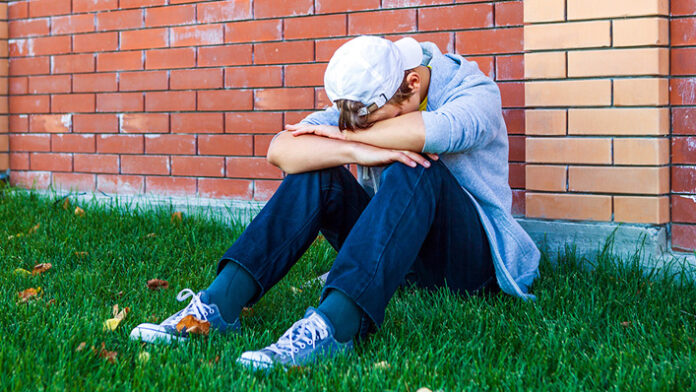Why the Difference?
Researchers involved in the MIT study were understandably interested in the reason for the difference between the first- and second-born boys. In their study, they report that they found that second-born boys are just as physically healthy as their older brothers, and sometimes more. They also found that parents did not seem to be less invested in the younger boys’ educations, and both the first- and second-born children attended similar schools.
In the words of the researchers of this MIT study, “The evidence rules out differences in health at birth and the quality of schools chosen for children. We do find that parental time investment measured by time out of the labor force is higher for first-borns at ages 2-4, suggesting that the arrival of a second-born child extends early-childhood parental investments for first-borns.”
What researchers did find that they believed to have an impact was that second-born boys received less maternal attention than first-born sons did. This was due, in part to the fact that first-born boys received undivided attention from their mothers, as well as how many mothers did not take off as much time to care for their second-born children, and second-born boys experienced more time with their mothers working outside the home.
As Shankar Vedantam explained it, “Firstborn kids get the undivided attention of their parents, whereas kids born later are often competing for parental time and resources.”
But he offers another explanation, “The peer group for first- and second-born kids is different. Older and younger siblings come from the same family, but they have different peer groups early in life.”
Of course, every child is unique, but this study offers some information that parents can use to inform their choices and day-to-day living.
If you’re a parent of boys, what have you noticed about your sons’ differences in behavior?

